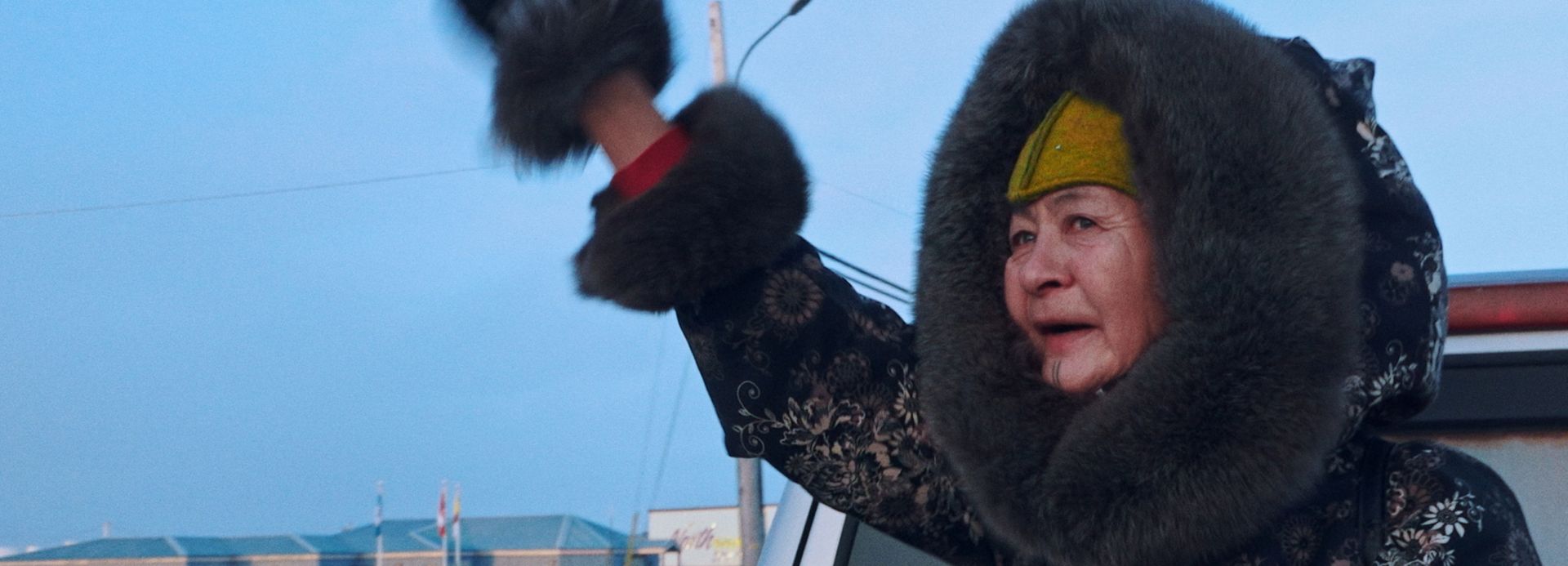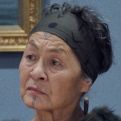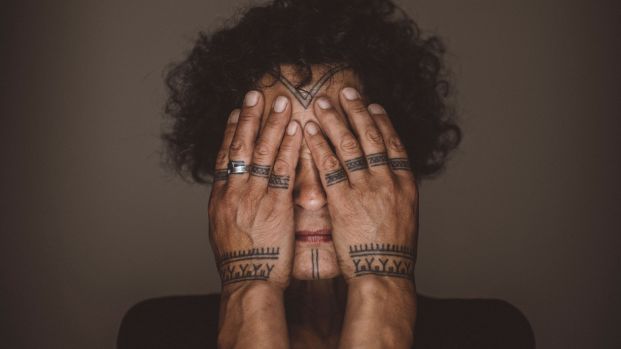
An interview with Indigenous rights lawyer and activist Aaju Peter
In ‘Twice Colonized,’ director Lin Alluna takes us on a remarkable journey into the life and struggles of Aaju Peter, a fierce advocate for the rights of the Indigenous peoples of the Arctic. Through the lens of this powerful documentary, we explore the resilience and transformation of a woman fighting against the toxic effects of colonialism and the challenges she faces. Our interview with Alluna reveals the mind-changing insights that make this film essential viewing.
Human Rights Film Festival Berlin (HRFFB): How did the director approach you about the film? Why did you agree to participate?
Aaju Peter: I met Lin Alluna in Copenhagen, where I had been invited to give a talk on sealing and how the European seal ban was negatively affecting the social, economic and cultural wellbeing of the Inuit in the circumpolar Arctic. Lin had seen me walking outside in one of Copenhagen’s streets. She told me that she wanted to speak with me, and when she asked me if I wanted to go for a coffee with her, I agreed. She was interested in learning more about my story, so I told her how I had been sent to school in Denmark from Greenland as a child, how I lost my mother tongue and my connection to my Greenlandic culture, and how I forgot how to be a Greenlander.
In 1979, a year after I moved back to Greenland, a big gathering of Inuit from Greenland, Canada and Alaska took place. I didn’t know that there were any Inuit other than Greenlanders. I was very much taken by this. I met one of the Canadian Inuit and moved with him to Iqaluit when he moved back home to Nunavut, Canada, for a visit in 1980. I have lived in Iqaluit since 1981. I think the reason why I have fought to protect the Inuit’s rights to their language and culture is that those things were taken from me. I was just a child, and I did not have a choice. As an adult, I do have a choice, and I choose to protect Inuit language and cultural rights.

HRFFB: What do you want audiences to take away from this film?
Peter: That others can impose their language and culture on you and totally inhabit your mind. They can take your language and culture away from you, but with hard work and persistence, you can regain what was taken from you and go beyond it.
My mother-in-law once told me, ‘It’s your choice to get angry, no one can make you angry.’ That was in response to me telling her about how someone had made me angry. I have since come to understand that she was right. We all have choices and we all make choices every day. I have come to understand that we all need to do our part to make life better for ourselves and others. It’s not just about you. It’s about all of us.
HRFFB: Where do you draw inspiration from?
Peter: I draw my inspiration from children, young people and young adults. I find that their approach is to see life as something full of possibilities. I find that their minds are not constrained regarding all the things that can be done in life. I find that so refreshing. I also draw my inspiration from world leaders who have inspired change despite unbelievable obstacles, hardships and seemingly impossible goals. What inspires me is that, at the end of a lifetime of struggle, they persevered and made the world a better place for others.


